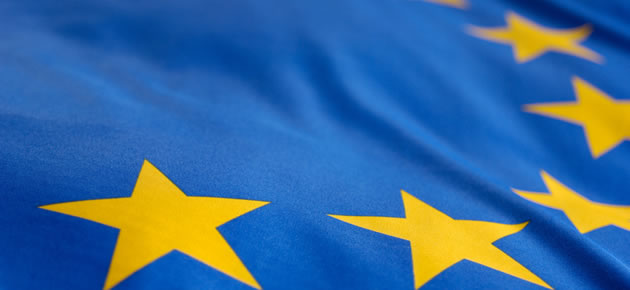Today is World suicide prevention day, a day that not many folk are or probably want to be aware of, but today is the day when the world should for a short time stop all of its talk about a Eurozone recovery and instead focus on the dire affect the crisis has had on ordinary men and women.
Yesterday, data released by the Hellenic Statistical Authority (ELSTAT) showed that the number of suicides in Greece doubled between 2009 and 2011. The report goes on to say that it is a trend that is showing no sign of a slowdown. Data from the European Statistical agency, Eurostat showed that Greece went from being one of the European nations with the lowest level of suicides to one of the worst in the period of the crippling recession.
The number of suicides rose from 2.5 per 100,000 people before 2009 to jump to over 5 per 100,000, or 1,245 in the three year period in which the country was hit worst by crippling austerity measures and a deep recession. The data also show that the ratio in deaths by suicide between men and women is at 6:1.
Official data is not available for the period from 2011 to the present, but a report by the state-run Athens-Macedonia News Agency published on Monday said that the local branch of the Suicide Prevention Network has recorded 231 suicides from January to August just this year alone.
“People do not talk about suicide because they do not want to be stigmatized, while, for the same reason, they do not make use of the social services available,” the Public Health Directorate of the regional authority of Central Macedonia said in a statement on Monday.
“This kind of stigma is deeply rooted in some societies, though in most it is a sign of ignorance or lack of information,” the statement added.
It’s not just Greece that has experienced an increase in suicides. Nearly every nation across the Eurozone has seen increases as the Euro crisis created the region’s worst recession since the Second World War. In Greece, Italy, Spain, the UK and elsewhere in Europe there were more than 10,000 additional suicides from 2007-2010, a figure that sees the largest rises concentrated in the worst performing economies.
Despite the markets hailing a turnaround in the Eurozone nations that have been particularly badly hit are struggling to catch up with the likes of Germany. Italy today posted a worse than expected GDP figure and unemployment remains at record highs.
The Euro crisis cannot be deemed over until the human cost of the crisis also ends.
Euro (EUR) Exchange Rates
The Euro/US Dollar Exchange Rate is currently in the region of: 1.3241 <
The Euro/Pound Sterling Exchange Rate is currently in the region of: 0.8432 <
The Euro/Australian Dollar Exchange Rate is currently in the region of: 1.4282 <
The Euro/ New Zealand Dollar Exchange Rate is currently in the region of: 1.6458



